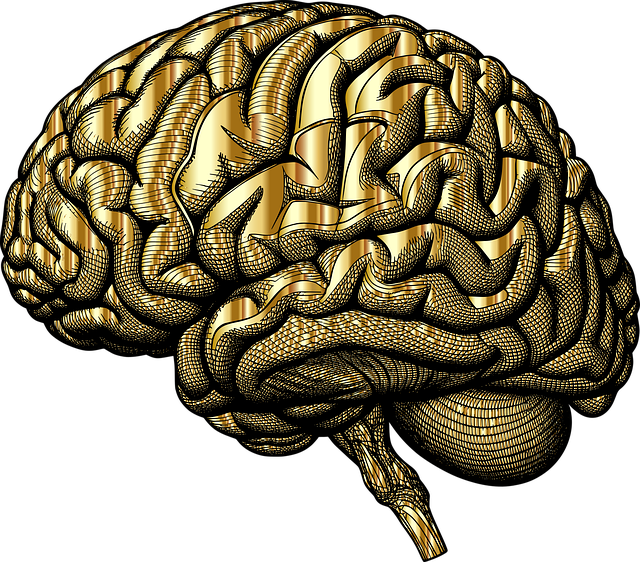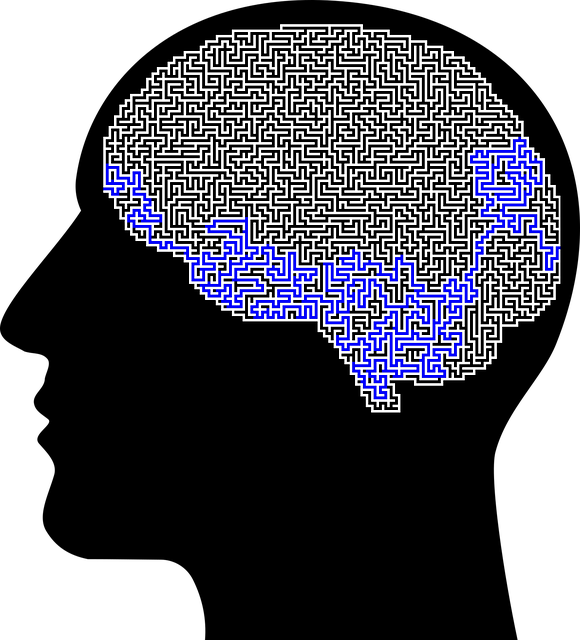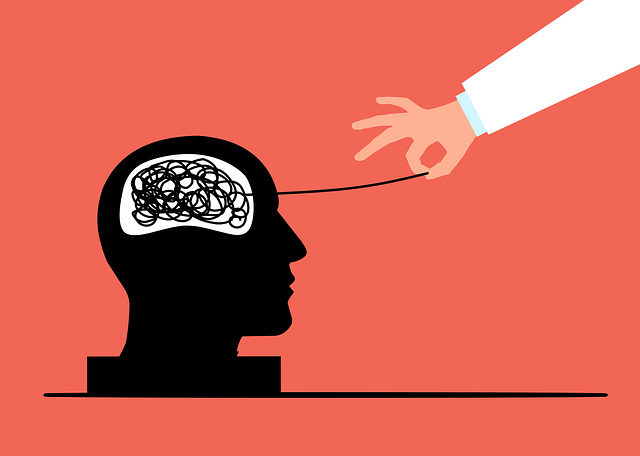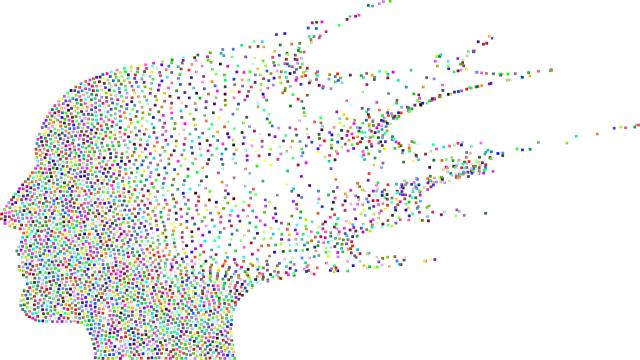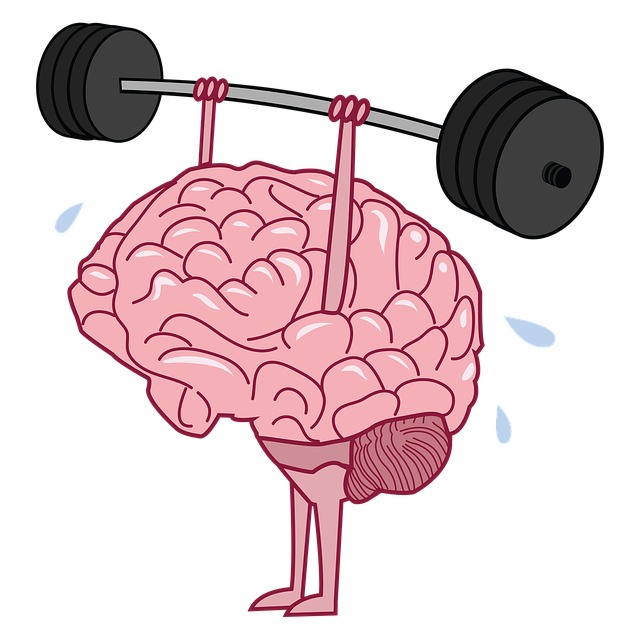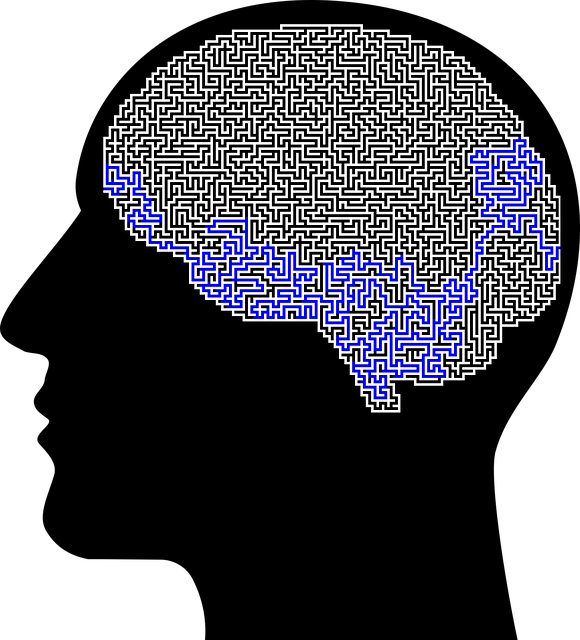Cultural sensitivity in mental healthcare, exemplified by Broomfield Dissociative Disorder Therapy (BDDT), is vital for treating diverse patients. BDDT addresses cultural influences on mental health issues like dissociation, integrating heritage and practices to enhance well-being. Challenges include lack of cultural competence training and communication barriers, exacerbated by staff burnout. Strategies like Mindfulness Meditation can help healthcare providers manage stress. Integrating cultural competence through BDDT and Mental Health Education Programs creates safe spaces, fosters trust, and ensures personalized care for diverse communities.
Mental healthcare practices are evolving to embrace cultural sensitivity, ensuring equitable access to care. This is especially critical in addressing complex conditions like dissociative disorders, exemplified by Broomfield Dissociative Disorder Therapy (BDDT). This approach tailors treatment to diverse cultural contexts. However, navigating cultural barriers requires addressing systemic challenges and integrating competence across various services. By exploring these aspects, this article offers strategies for mental health professionals to deliver culturally sensitive care, enhancing patient outcomes and fostering inclusive environments.
- Understanding Cultural Sensitivity in Mental Healthcare
- Broomfield Dissociative Disorder Therapy: A Culturally Responsive Approach
- Challenges and Barriers to Providing Culturally Sensitive Care
- Strategies for Integrating Cultural Competence in Mental Health Practice
Understanding Cultural Sensitivity in Mental Healthcare

Cultural sensitivity in mental healthcare is a crucial aspect of providing effective treatment to a diverse range of patients. It involves recognizing and respecting the unique cultural beliefs, values, and practices that shape individuals’ experiences with mental health issues. In a country like the United States, where Broomfield Dissociative Disorder Therapy has gained recognition, understanding cultural context becomes even more vital. Each patient’s journey with dissociation is influenced by their ethnic background, family dynamics, and social environment.
Healthcare providers play a pivotal role in fostering cultural sensitivity through empathy-building strategies and social skills training. By incorporating these techniques, therapists can create a safe space for clients to express themselves authentically. Moreover, promoting emotional well-being through tailored interventions ensures that the treatment aligns with the patient’s cultural framework, enhancing therapy outcomes and fostering deeper connections between therapist and client.
Broomfield Dissociative Disorder Therapy: A Culturally Responsive Approach

Broomfield Dissociative Disorder Therapy (BDDT) is a culturally responsive approach that recognizes and respects the unique experiences and perspectives of individuals from diverse backgrounds. This therapy model was developed to address the specific needs of clients who have experienced cultural trauma, incorporating elements of their heritage into the healing process. By integrating cultural practices and beliefs, BDDT aims to enhance self-esteem improvement and promote emotional well-being promotion techniques tailored to each client’s background.
The approach emphasizes the importance of cultural sensitivity in mental healthcare practice, ensuring that therapeutic interventions are not only effective but also culturally affirming. This means therapists using BDDT adapt their methods to reflect the client’s identity, fostering a safe and supportive environment where they can process their experiences without fear of judgment or misunderstanding. Such an inclusive practice contributes significantly to positive outcomes and builds trust between the therapist and the client.
Challenges and Barriers to Providing Culturally Sensitive Care

Providing culturally sensitive care presents a unique set of challenges and barriers for mental healthcare professionals. One significant hurdle is the lack of cultural competence training in many healthcare programs, which can leave practitioners feeling ill-equipped to handle diverse patient needs. This is especially critical when addressing conditions such as Broomfield Dissociative Disorder Therapy, where cultural context plays a pivotal role in understanding and treating the patient’s symptoms effectively.
Another challenge lies in communication and language barriers, particularly in multilingual communities. Healthcare providers must strive to create inclusive environments that accommodate various languages and dialects to ensure patients feel heard and understood. Additionally, healthcare settings often experience high workloads and staff burnout, which can hinder a provider’s ability to offer the nuanced care required for sensitive cultural topics. Incorporating practices like Mindfulness Meditation and implementing effective Burnout Prevention Strategies for Healthcare Providers may help mitigate these issues, enabling practitioners to manage Stress Management and deliver more personalized treatments.
Strategies for Integrating Cultural Competence in Mental Health Practice

Integrating cultural competence into mental health practice involves several strategic approaches to ensure effective and sensitive care for diverse populations. One key strategy is Broomfield Dissociative Disorder Therapy, which focuses on understanding and addressing the unique cultural contexts that may influence a patient’s experience of dissociation. This involves educating both the therapist and the client about their respective cultural beliefs, values, and practices, fostering an environment where emotional healing processes can occur without judgment or misinterpretation.
Additionally, designing Mental Health Education Programs tailored to specific cultural groups can empower individuals with knowledge about their mental health conditions and promote self-care practices that resonate with their cultural identities. These programs not only enhance cultural sensitivity but also encourage community engagement and support networks, which are vital for holistic mental well-being. Such initiatives contribute to breaking down barriers in access to quality care and ensuring that all individuals receive culturally competent services tailored to their unique needs.
Cultural sensitivity is a cornerstone of effective mental healthcare, ensuring that individuals from diverse backgrounds receive tailored, compassionate support. By integrating strategies such as Broomfield Dissociative Disorder Therapy, which embraces culturally responsive approaches, practitioners can overcome challenges and barriers to provide inclusive care. This holistic approach not only enhances therapeutic outcomes but also fosters trust and rapport, recognizing the intricate interplay between cultural identity and mental well-being. Ultimately, prioritizing cultural competence in mental health practice empowers healthcare providers to offer sensitive, effective treatment to a diverse range of patients.

